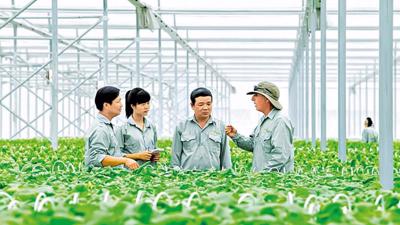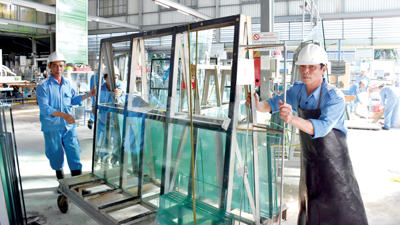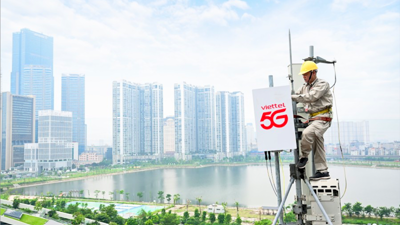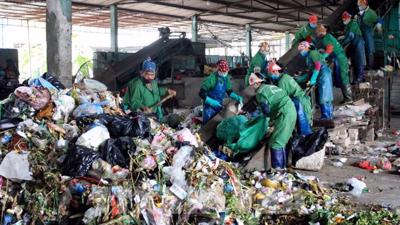2022 a turning point for “green” cars in Vietnam
Amid the turbulence of rising gasoline prices, many Vietnamese are adopting a more favorable view of motor cars using environmentally-friendly power.
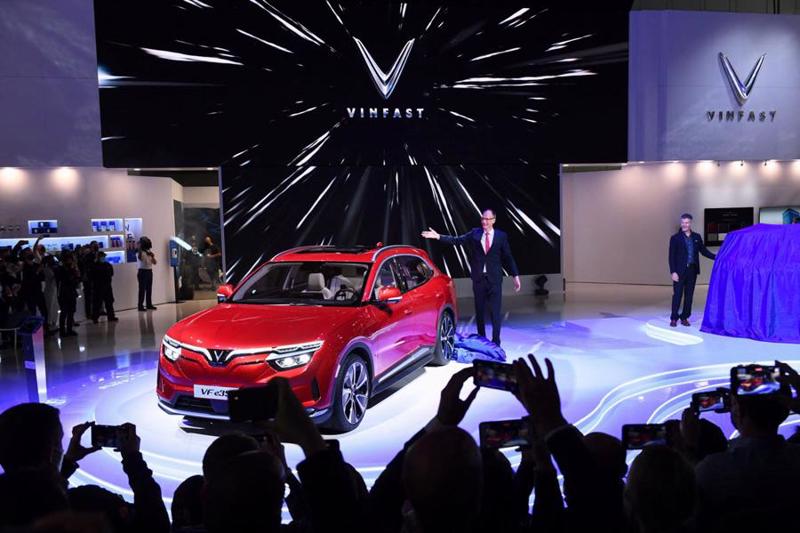
Businesses are trying to find ways to dominate Vietnam’s “green” car market, which while still quite “small” is bursting with potential.
2022 is an important year in the development of “green” motor cars in the country, as the government and the National Assembly (NA) have issued legal documents to boost the popularity of electric vehicles.
A number of “green” motor car models have been introduced in the country by both domestic and international automakers.
Vinfast introduced its first electric car models in 2021: the VF e34, VF 8 (previously the VF e35), and the VF 9 (previously the VFe36). The Vietnamese automaker plans to deliver its first electric vehicles this year. Meanwhile, Thaco introduced the KIA EV6 electric vehicle globally in March and is expected to deliver cars to customers in mid-2022.
Many foreign manufacturers also introduced electric vehicles last year or showed signs of wishing to join the market. Nissan Vietnam registered for industrial design protection of its Nissan Ariya Crossover model and is expected to soon launch it to compete with VinFast’s VF e34 and VF8.
Mercedes-Benz also plans to introduce its EQS and EQB electric vehicle models in Vietnam soon.
Porsche has not only introduced a full-electric model, the Taycan, but also expressed its ambition of conquering the market by building recharging stations in Ho Chi Minh City.
Audi, Toyota, and Chinese brand Hongqi have also started selling or introducing electric vehicles in Vietnam. Toyota’s move has been a little different, with the Japanese automaker only introducing hybrid models that run on both electricity and fuel.
With new policies from the government and an explosion of automakers producing “green” cars, 2022 is viewed as a turning point for electric vehicles as many manufacturers launch products to the market.


